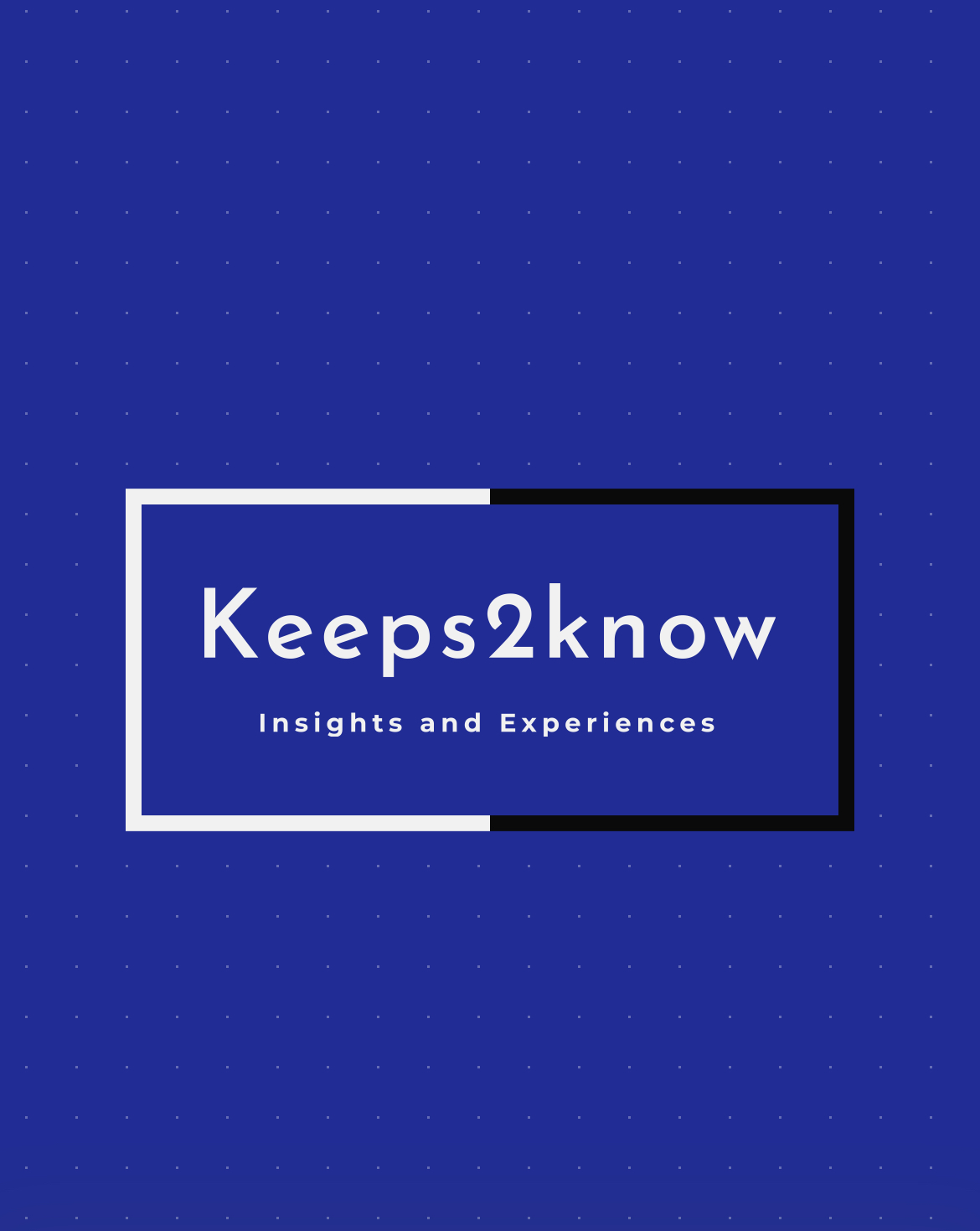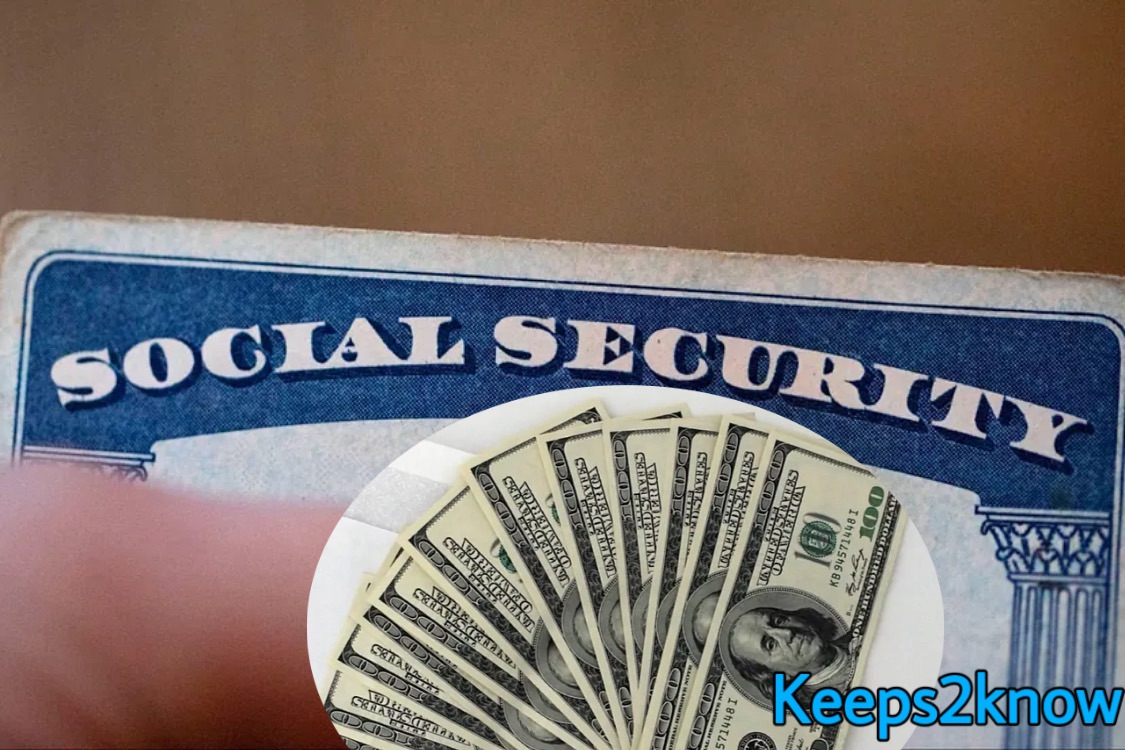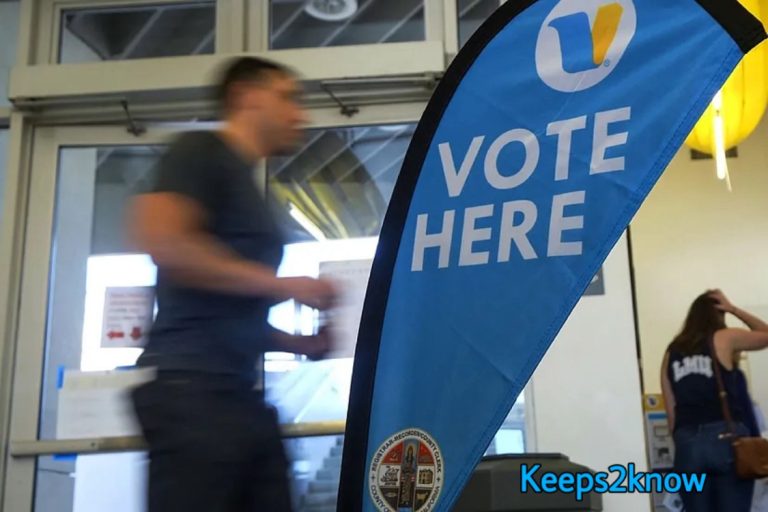Some American beneficiaries of Social Security are receiving double payments due to a quirk in the system. Recipients of Supplemental Security Income (SSI) will receive two checks this month due to payment dates falling on weekends or holidays. However, it’s important to note that the double payment is not an extra payment, but rather an early payment for the following month.
Eligible recipients of the Supplemental Security Income (SSI) program and those who have applied for Social Security retirement benefits upon reaching full retirement age (FRA) will receive a double payment. SSI provides monthly cash payments to individuals with limited income and disabilities, with maximum monthly payments in 2024 set at $943 for individuals, $1,415 for couples, and $2,590 for blind recipients.
Under the Social Security retirement program, retirees typically receive an average benefit of $1,845 per month. However, those who opt to delay retirement until age 70 can potentially maximize their benefits, with a maximum monthly payout of $4,873.
March 2024 Payment Dates: A Guide to When You’ll Receive Your Benefits
Supplemental Security Income (SSI) and Retirement Benefits for Those Born Before May 1997: Payment Date is March 1st
The Social Security Administration (SSA) manages various programs, including Social Security Retirement Benefits, Supplemental Security Income (SSI), and Social Security Disability Insurance (SSDI), to provide support and financial assistance to American citizens.
Retirement and Social Security Disability Insurance (SSDI) Benefits: Payment Dates are the 2nd Wednesday (March 13th), 3rd Wednesday (March 20th), and 4th Wednesday (March 27th)
The Plan to Achieve Self-Support (PASS) is a personalized strategy for individuals seeking to achieve financial independence through a specific job or entrepreneurial venture. By creating a PASS plan, individuals can increase their income limit without jeopardizing their SSI benefits, as the funds allocated to the plan will not be counted towards their SSI resource limit. With SSA approval, the plan’s expenses will be exempt from eligibility determinations, empowering individuals to pursue self-sufficiency without sacrificing vital support.
Meeting the requirements for SSI due to disability, with no income or assets, resulting in a dire need for financial assistance.
Receiving Supplemental Security Income (SSI) but with a reduced benefit amount due to existing income, highlighting a need for additional support.
Utilizing a Plan to Achieve Self-Support (PASS) to pursue employment aspirations, which may ultimately lead to a reduction or complete elimination of benefits from Supplemental Security Income (SSI), Social Security, or both, as a result of increased financial independence.
The PASS enables individuals to outline their employment objectives, the necessary steps and resources to achieve them, and the funding allocated for this purpose, which may encompass existing income or assets like job wages or savings, but explicitly excludes SSI benefits.
This comprehensive guide aims to demystify the intricate system of Social Security benefits and programs, providing clear and concise information to empower American citizens in making informed decisions about their financial futures.



























+ There are no comments
Add yours